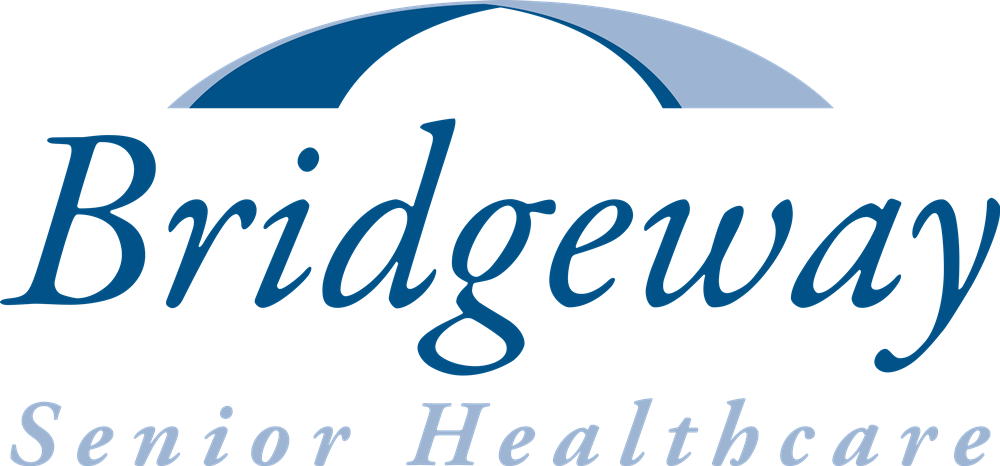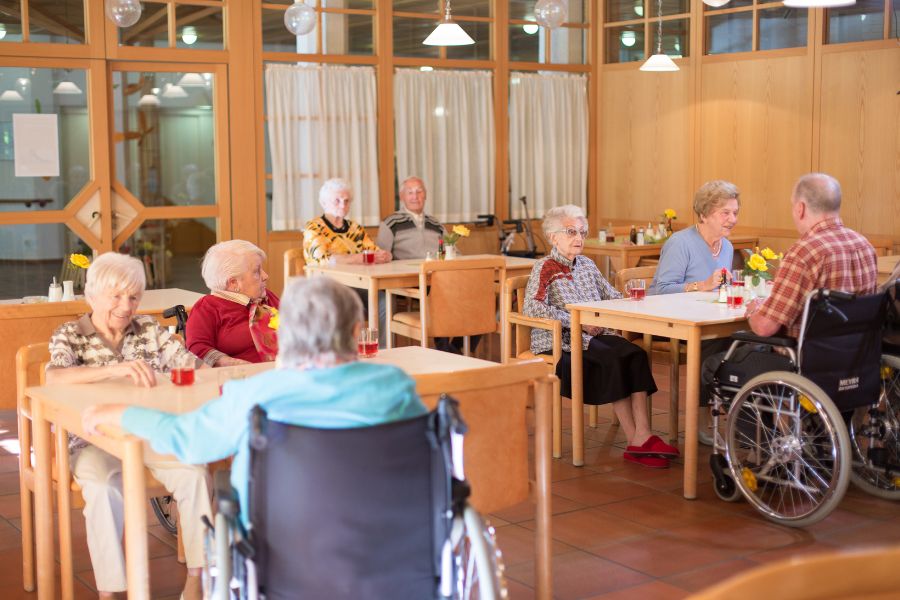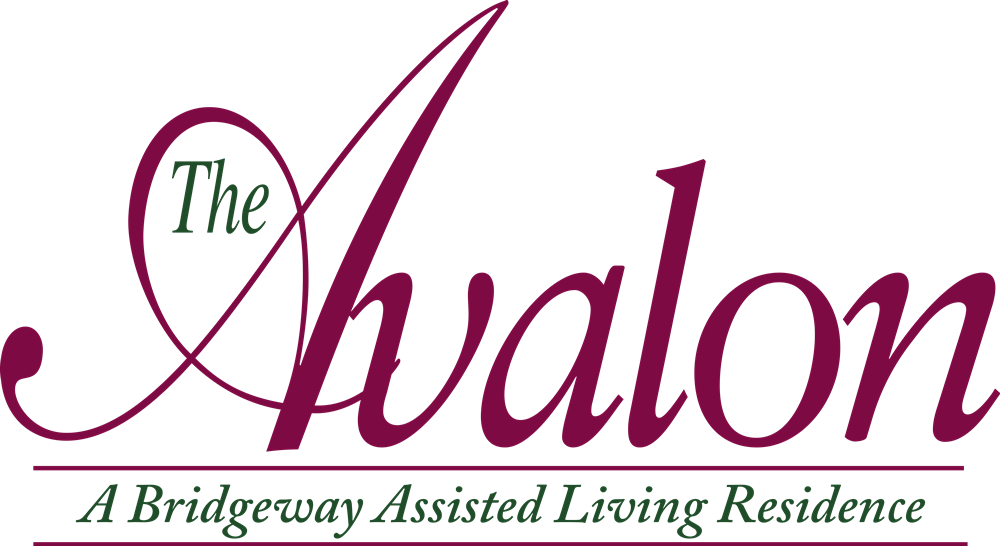|
At some point in a loved ones life, help and support from friends and family may not be enough. It takes a toll on everyone involved and a facility that offers most or all of the long-term care services they require may be necessary.
Board care homes and long term care homes, assisted living facilities, nursing homes, and continuing care retirement communities are examples of facility-based long-term care services. While some facilities merely offer lodging and housekeeping, many additionally offer medical and personal care services. For those suffering from dementia, including Alzheimer's disease, numerous facilities provide specialized programs. Bridgeway Senior Healthcare wants to help you to understand the difference. What Are Board & Care Homes? Board and care homes are small, private establishments that typically house 20 or fewer people. They are sometimes known as group homes or residential care facilities. Rooms might be shared or private. Personal care, meals, and round-the-clock staffing are provided to residents. Typically, on-site nursing and medical services are not offered. What is Assisted Living? Those who require assistance with daily care but not as much as a nursing facility can get can live in assisted living. The number of inhabitants in assisted living facilities might range from 25 to 120 or more. There are usually a few "levels of care" available, with greater levels costing more for the residents. Most residents of assisted living facilities live in private flats or rooms with shared spaces. Many services are available to them, such as three meals a day, aid with personal hygiene, help with medicine, help with housework and washing, round-the-clock staffing, security, and monitoring, as well as social and recreational activities. The specific arrangements differ between states. What is a Nursing Home? A variety of health and personal care services are offered by skilled nursing institutions, sometimes referred to as nursing homes. More so than other assisted living facilities, their offerings are centered around medical care. These services usually consist of three meals a day, round-the-clock supervision, nursing care, and help with daily tasks. There are further rehabilitation options offered, including speech, occupational, and physical therapy. Some patients spend a brief period of time following their hospital stay at a nursing home. They return home once they have healed. But since they have chronic physical or mental health issues that necessitate round-the-clock care and monitoring, the majority of nursing home patients are there to stay permanently. What Are Continuing Care Retirement Communities? Often referred to as life care communities, continuing care retirement communities (CCRCs) provide several service levels all in one place. Numerous of them provide competent nursing care, assisted living, and independent housing (houses or flats) all on the same site. Programs for recreation and healthcare are also offered. Where you live in a CCRC is determined by the services you require. When their independence is no longer possible, they either move into an assisted living facility or, occasionally, stay in independent living units and get home care. They can go into the CCRC's nursing home if needed.
1 Comment
Leave a Reply. |
|
QUICK LINKS
|
Award-winning care as recognized by
Your comments and satisfaction are important to us.
Consider writing a review on Google or Facebook. |
© 2024 Bridgeway Senior Healthcare. All Rights Reserved | Privacy Policy | Sitemap







